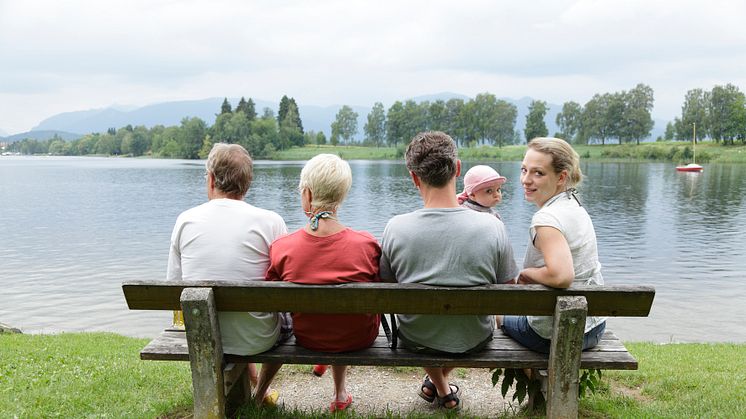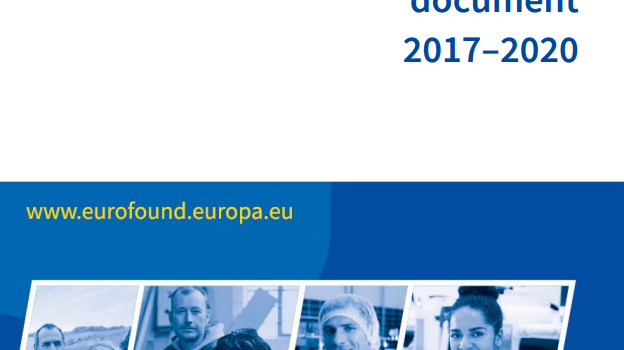
News -
Intergenerational solidarity needed to face Europe’s long-term challenges
29 April is EU Day of Solidarity between Generations. The objective of this annual celebration is to make the European Union more age-friendly and better adapted to our ageing population, as well as have intergenerational solidarity high on the EU agenda.
Europe faces stark demographic challenges in the years ahead. The proportion of people aged 65 and over will rise from 17% to 30% of the EU population by 2060, while at the same time the working age population will decline. The European Commission estimates that most of the increase in public spending in the EU over the next 50 years will be on pensions, long-term care and healthcare.
At the same time, youth unemployment is a longstanding problem that has been exacerbated by the economic crisis. Delayed entry into the labour market can have long-term effects on a person’s career, economic status, health and well-being. It can also lead to social disengagement, eroding the basis on which democratic societies are built.
Dealing with these simultaneous challenges will require a comprehensive effort to improve working conditions, make work more sustainable and tackle the issue of young people not in employment, education and training.
Intergenerational solidarity is not confined to the labour market, it is also expressed through social participation and active citizenship. Volunteer activity by older people can strengthen communities and build social capital, while reducing the risk of social exclusion.
Read more information on intergenerational solidarity, sustainable work and youth employment:
Topic page: Working conditions and sustainable work
Foundation Findings: Intergenerational solidarity
Foundation Focus: Sustainable work: Toward better and longer working lives
Publication: Sustainable work throughout the life course: National policies and strategies
Publication: Sustainable work and the ageing workforce
Publication: Exploring the diversity of NEETs
Publication: Social inclusion of young people
Publication: Extending working lives through flexible retirement schemes: Partial retirement
More on EU Day of Solidarity between the Generations: Age Europe Platform website






